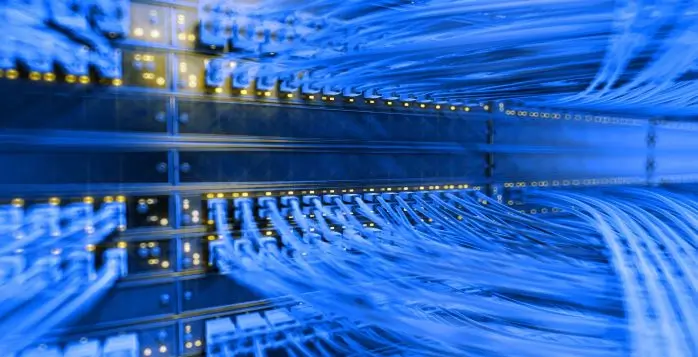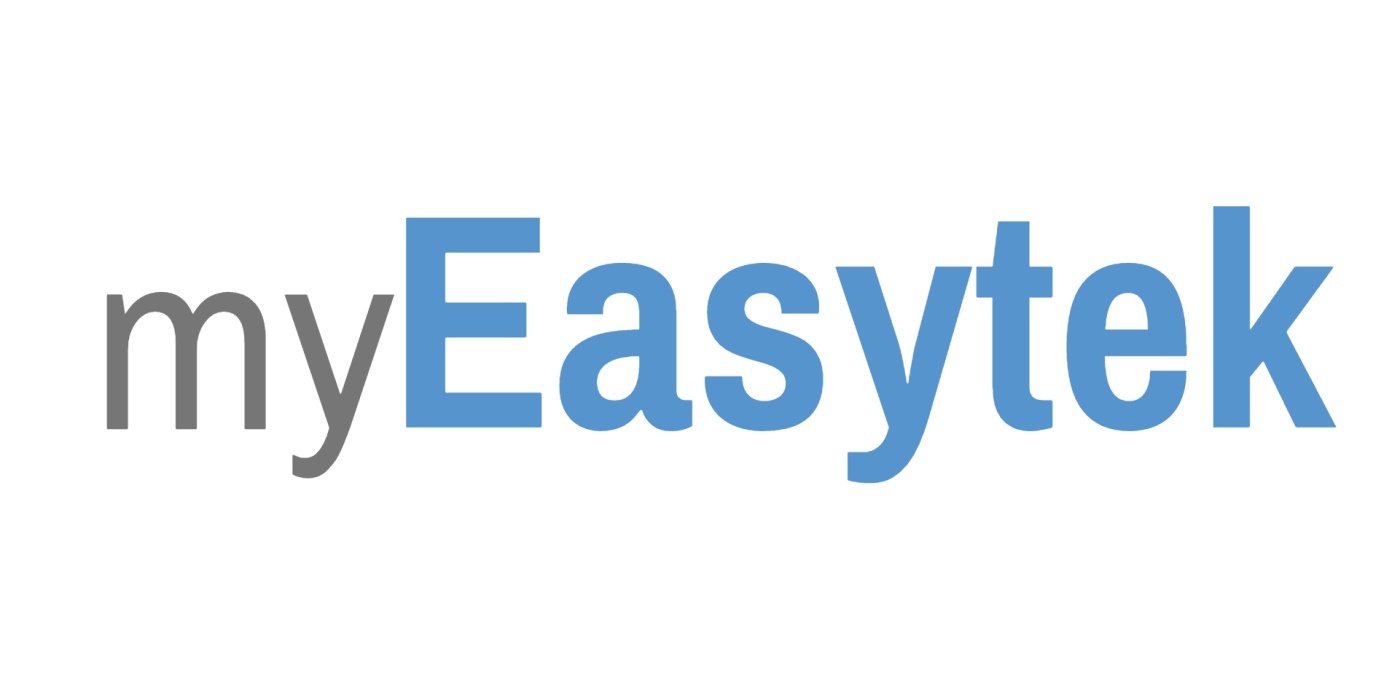Network
Wi-Fi Mesh Networks Explained

We install networks all over suburban Chicago and Southeast Wisconsin. We are constantly answering questions about Mesh Wi-Fi networks, so I thought I’d make blog post to use as a resource.
Click the links below to auto-scroll to the what you need to know most:
What is Mesh Wifi?
What is the benefit of a wired backhaul?
What are some good brands?
What is our favorite brand?
Get a quote to have your system installed.
What is Mesh Wifi?
Mesh wifi is a type of wireless network that uses multiple devices, called nodes, to create a seamless and reliable internet connection throughout a large area. Unlike traditional wifi routers that have a single point of access and may suffer from signal loss or interference, mesh wifi nodes work together to form a self-organizing and self-healing network that can automatically adjust to the best configuration. Mesh wifi systems are ideal for homes or businesses that have multiple floors, thick walls, or dead zones where the wifi signal is weak or nonexistent. Mesh wifi can also provide faster speeds, better coverage, and more security than conventional wifi networks.
What is the benefit of a wired backhaul?
Sometimes the Wi-Fi signal between the nodes can be weak or unstable, which can affect the quality and speed of the network. To solve this problem, some mesh Wi-Fi systems allow the nodes to be connected with Ethernet cables instead of Wi-Fi. This is called a wired backhaul.
A wired backhaul has several benefits for a mesh Wi-Fi network. First, it can eliminate interference from other wireless devices or obstacles that can degrade the Wi-Fi signal between the nodes. Second, it can provide a faster and more consistent connection between the nodes, which can improve the overall performance of the network. Third, it can reduce the congestion on the Wi-Fi network, which can improve the performance of devices that are connected to the network. A wired backhaul is especially useful for large homes or offices with multiple floors, where the Wi-Fi signal may not reach every corner.
A wired backhaul is not a requirement for a mesh Wi-Fi network, but it can be a great option for those who want to optimize their network performance and reliability.
What are some good brands for Mesh Wi-Fi?
TP-Link, Orbi, and Unifi are the winners for having the best overall products. They offer multi-gig wired backhauls, 6 Ghz backhauls for when there’s no wired ethernet available, and tri-band radios, which mean they support Wifi 4, 5, 6 and even the latest standard Wifi 6E.
TP-Link Deco: This brand has a range of Wi-Fi 6 mesh systems that support Ethernet backhaul, such as the Deco X60, X55, and X90. They have two or three Gigabit LAN ports per node, and some models also have a 2.5Gbps multi-gig port for faster data transfer. The Deco X90 also supports Wi-Fi 6E, which uses the 6GHz band for less interference and more bandwidth.
Netgear Orbi: This brand has some premium Wi-Fi 6 and Wi-Fi 6E mesh systems that support Ethernet backhaul, such as the Orbi RBKE963. They have three or four Gigabit LAN ports per node, and one or two 2.5Gbps multi-gig ports for faster data transfer. The Orbi RBKE963 also has a 10Gbps WAN port to connect to a modem.
Unifi: This is our favorite brand, and the best choice for when you have even a couple nodes with a wired backhaul. Jump down the page to read about why we like it.
Linksys Velop: This brand has some budget-friendly Wi-Fi 5 mesh systems that support Ethernet backhaul, such as the Velop WHW0103. They have two Gigabit LAN ports per node, but they require a wireless setup first before switching to Ethernet backhaul.
Aruba: This brand has some enterprise-grade Wi-Fi 6 mesh systems that support Ethernet backhaul, such as the Aruba Instant On AP11D and AP22. They have one or two Gigabit LAN ports per node, and some models also support PoE (Power over Ethernet) for easy installation.
Eero: This brand has some consumer-oriented Wi-Fi 5 and Wi-Fi 6 mesh systems that support Ethernet backhaul, such as the Eero, Eero 6, and Eero Pro 6. They have one or two Gigabit LAN ports per node, but they do not have any multi-gig ports.
To compare these brands, some of the factors to consider are:
Price: The Linksys Velop and Eero are more affordable than the Netgear Orbi and Unifi, which are more expensive but offer more features and performance. The TP-Link Deco and Aruba are in the middle range of prices.
Speed: The Netgear Orbi, Unifi U6 Enterprise, and TP-Link Deco X90 have the fastest speeds, as they support Wi-Fi 6E and multi-gig ports. The Linksys Velop and Eero have the slowest speeds, as they only support Wi-Fi 5 or Wi-Fi 6 and Gigabit ports. Aruba has moderate speeds, as they support Wi-Fi 5 or Wi-Fi 6 but not multi-gig ports.
Coverage: The Netgear Orbi and TP-Link Deco have better coverage than the Linksys Velop and Eero, as they use more bands and antennas to extend the Wi-Fi signal. The Netgear Orbi also has a quad-band system that uses a dedicated 6GHz band for backhaul, which improves the signal quality and reliability. Aruba has similar coverage to the Linksys Velop and Eero, as they use dual-band or tri-band systems.
What is the best brand for residential installation?
We prefer to use Unifi products by Ubiquiti networks for residential wifi mesh networks in complex environments that demand the highest speeds. This is because both their wireless and wired technology is best in class.
All Wi-Fi networks start with a wired network. The Ubiquiti Dream Machine offers a 10 Gb/s uplink to the internet, so no matter how fast your incoming speed it, the router will not be a bottleneck. Next, it’s enterprise switches provide not only 10 Gb/s uplinks, but also 2.5 Gb/s ports for all other wired equipment. This includes the U6 wireless access points, which will accept this 2.5 Gb/s connection.
The U6 wireless access points themselves offer triband technology, meaning they support all of the Wi-Fi 5 and Wi-Fi 6 devices at full speed. However, they also go on to support all of the new 6Ghz devices that support the newst Wi-Fi protcol, which is Wi-Fi 6E.
If a wired ethernet backhaul is not available, then the next best performance will come from the 6 Ghz band acting as a backhaul to the nearest access point with a 2.5 GB/s link.
Orbi, TP-Link, and some other’s also offer speeds similar to this. The deal breaker though, for us, is that these brands are difficult to co-manage. When we install Unifi products, we set up co-management so the customer can control their own network, but if they need help or something breaks then we are still able to gain access to help solve the problem.

